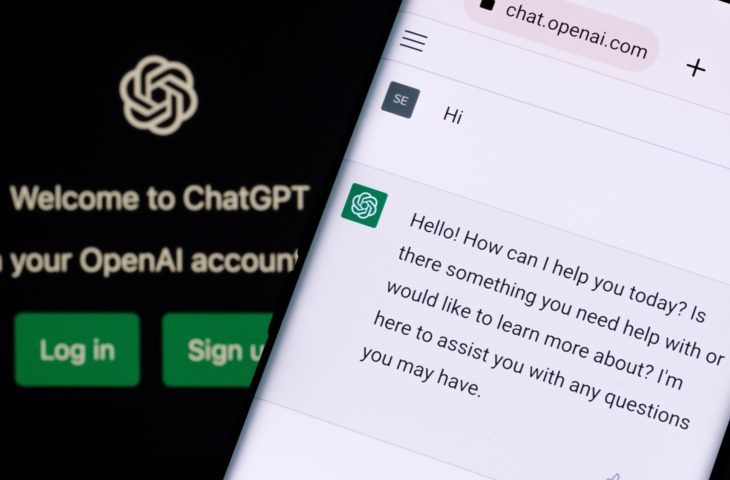The majority of business leaders would rather not allow employees to work with ChatGPT for fear of corporate data security or reputational damage. But companies also see advantages in generative AI.
Employee use of ChatGPT or other generative AI tools is a hot topic of conversation in many companies today. BlackBerry, yes, this company still exists, asked 2000 companies in eight countries, including the Netherlands, about their policies in this regard. It shows that the vast majority of business leaders would rather ban ChatGPT from the workplace.
As many as 75 percent are considering banning their use or have already introduced restrictive measures. In 60 percent of these cases, it is also about long-term to permanent measures. A big name in the tech world that has already restricted the use of ChatGPT in the workplace is Samsung after employees of its chip division leaked classified information.
fear of data
Unsurprisingly, data security concerns are the primary reason behind ChatGPT being banned. Finally, the data you enter can be reproduced in order to answer other users’ questions. Microsoft wants to respond to this with Bing Chat Enterprise, which keeps all conversations private.
Another frequently cited argument is the fear of reputational damage. The decision to limit or ban ChatGPT mostly comes from those primarily responsible for the ICT policies within the organization (CIO/CTO/CISO/…), followed by the CEO. Even the legal department, the finance department or the human resources department are not always keen on AI.
Benefits of AI
The business leaders surveyed see the advantages of generative AI in a contradictory way. Eighty percent see huge advances in cybersecurity, despite ChatGPT being seen as a threat at the same time. More than half also believe that generative AI will increase efficiency, innovation and creativity in employers.
BlackBerry CTO Shishir Singh therefore advises against drastic measures. “Baning generative AI applications in the workplace could mean negating many of the potential business benefits,” he says on the blog. According to the company, the key lies in monitoring and managing the applications used by employees.
